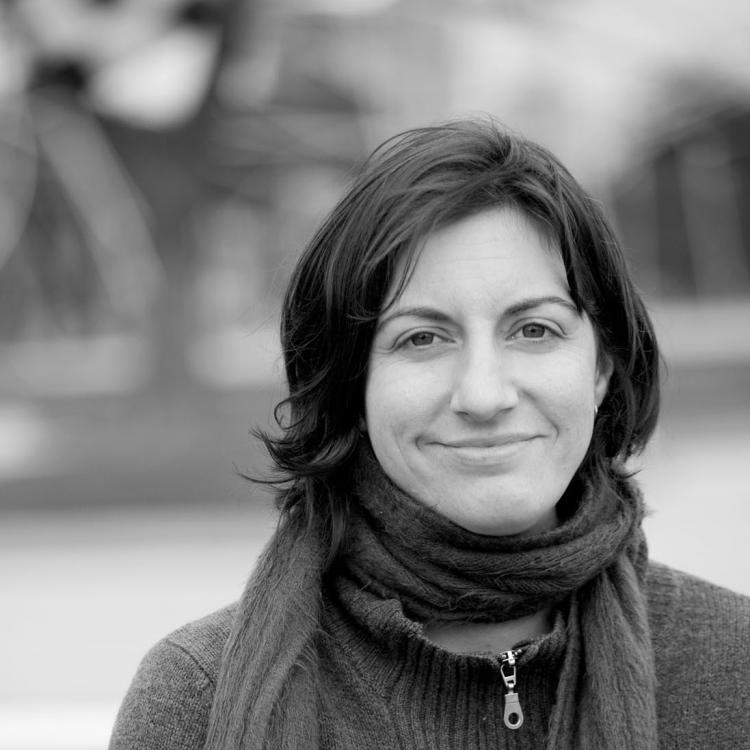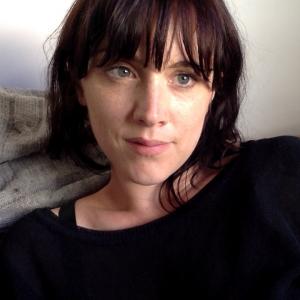The content listed below is comprehensive but is still a guide only. The exact course content could be adjusted according to the experience and concerns of the group and availability of guest writers. The detail of the course is at the discretion of the course director and Faber Writing Academy at Allen & Unwin.
8 x Thursday evening sessions (6.30pm – 8.30pm)
Session 1: Thursday 22 April – SPARKS
What do you want to write and why do you want to write it? What issues or themes will drive your story? This week we’ll get to know each other, set some writing goals and explore the connections between our fiction and out real world ‘secret’ knowledge.
Session 2: Thursday 29 April – REGULAR GUYS AND MANIC PIXIE DREAMGIRLS
This week we’ll be taking a deep dive into character and point of view. Who is our main character, and who supports them or thwarts them? What are their fears, loves, habits, beliefs, and secrets? How can we give them agency, and why is it important?
Session 3: Thursday 6 May – YA IN THE WORLD
GUEST BEC KAVANAGH
This week Bec Kavanagh gets into the nitty gritty of contemporary Australian YA and coming of age narratives. We look at trends, tropes, audience, rules (are there rules?) and rulebreakers. We look the need for diversity and Own Voices in YA and consider ethical ways to write the other.
Session 4: Thursday 13 May – PLACE AND SPACE
This week we look at setting – where in space and time is your story set? How will place inform narrative? How can place help us map our narratives and generate plot?
COURSE BREAK
Session 5: Thursday 27 May – GENRE
What are the possibilities of genre. Is genre a safe place? Can it be too safe? Often with genre we are writing outside our experience – so how can we write what we don’t know with authority? This week we’ll look at some of the practicalities involved in writing a novel including research and organisation – and we’ll use genre expectations to help build plot.
Session 6: Thursday 3 June – WORLD-MAKING
GUEST PENNI RUSSON
Whether you’re writing contemporary realism or historical fiction, you need to spend some time to understand the limits and possibilities of your characters’ inner and outer worlds. In adolescence all worlds pulse with both enchantment and risk. Penni will provoke you to think about you bring ‘insides’ into contact with ‘outsides’ in YA world-building.
Session 7: Thursday 10 June – ONE PERFECT SCENE
What are the elements of a perfect scene? What is the point of a scene? Are some more important than others? How do we get from scene to scene without copious unnecessary stage directions? We will look at form and white space (as Max Porter says, “all that white space is space for you to be in.”) and we’ll experiment with writing scenes and less conventional ways to tell a story.
Session 8: Thursday 17 June – REVISION/EDITING
This final session will feature an Allen & Unwin Senior Editor who will talk to you about the editing process in the book industry, with a special focus on YA. Following the completion of this course you are invited to submit 3000 words to be given two rounds of professional copy-editing, to give you an active perspective into how editing works, while improving a piece of your writing at the highest editorial standard.






